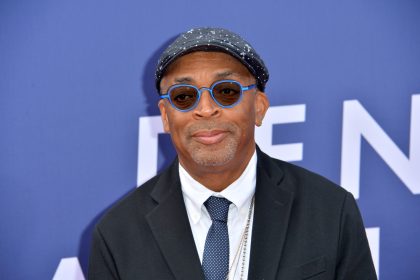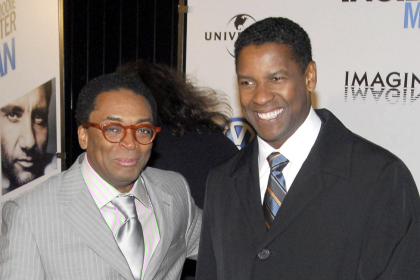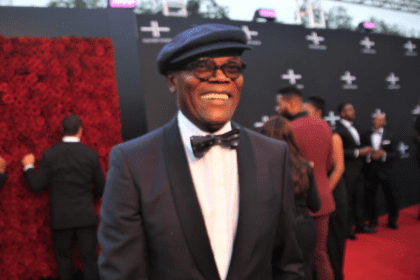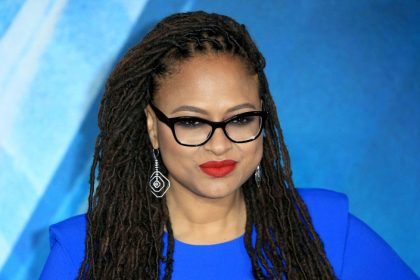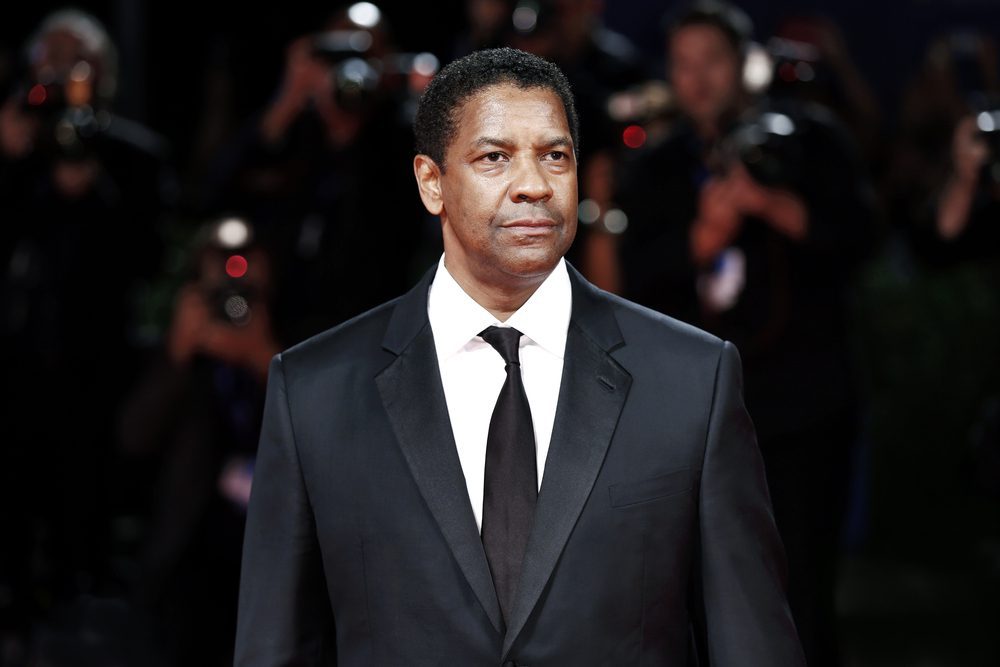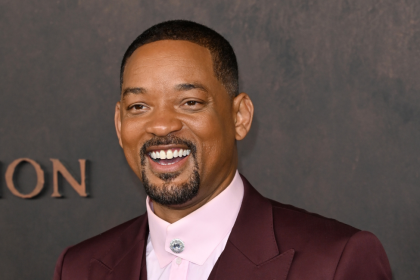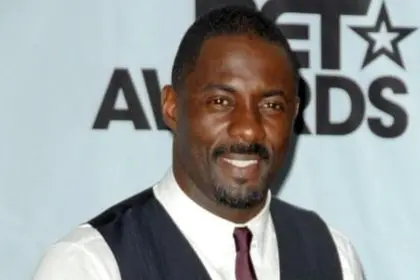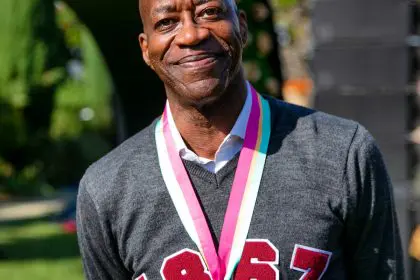
Black folks have never needed Quentin Tarantino.
That may seem like a fairly obvious observation to everyone — except Quentin Tarantino. The acclaimed but controversial director has a long history of dabbling in Black culture both in his art and persona — which isn’t all too different from a number of acclaimed white creatives and entertainers. But with Tarantino, especially as of late, there’s always an arrogance behind his flirtations with Blackness that reveals a racism rooted in his belief that he is the lone voice in Hollywood raising questions and starting debates about race. His sense of self-importance was magnified when his 2013 western epic about slavery Django Unchained hit theaters. The movie was understandably polarizing; the story of a freed slave trained by a German bounty hunter to kill slave owners is a heady premise. But when critics took the director to task, he defended everything from the film’s gleeful and gratuitous use of the N-word to the film’s uneasy mix of comedy and brutal violence. He dismissed the criticism as “ridiculous” and claimed that it was on him to present the “reality” of what Black people endured during slavery.
In a recent New York Times article, author Bret Easton Ellis interviewed the Hateful Eight director about that upcoming movie and a number of other things. During the interview, Ellis sets the table for Tarantino’s arrogance with his own condescending dismissal of racism in Hollywood. “We touch on this year’s Oscars and the supposed Oscar snubbing of Ava DuVernay’s Martin Luther King movie Selma,” Ellis writes. “Which caused a kind of national sentimental-narrative outrage, compounded by the events in Ferguson, and which branded the Academy voters as old and out-of-it racists — despite the fact that 12 Years a Slave had won Best Picture the year before.”
But Tarantino offers a much sharper and disrespectful dismissal of DuVernay’s film: ‘She did a really good job on Selma but Selma deserved an Emmy.’’
He later “clarified” his Selma statements after the justified backlash: “[I] basically meant, ‘it’s like a TV movie?’ Which Bret and myself being from the same TV generation, was not only understood, but there was no slam intended,” Tarantino said via statement. “Both Bret and myself come from the seventies and eighties when there were a lot of historically based TV movies: the King mini-series written by Abby Mann staring Paul Winfield; ‘Crisis at Central High’ with Joanne Woodward. And ‘Judge Horton and the Scottsboro Boys.’ These were great TV movies. I’d be honored to be placed next to those films. However, I haven’t seen it. Does it look like a seventies TV movie? Yes. Does it play like one, I don’t know, I haven’t seen it.”
Tarantino thinks the general public has no idea what a TV movie is, apparently. And he still got another dig in at the film.
Duvernay’s moving drama doesn’t need a Tarantino co-sign; Selma stands as a powerful film regardless of nominations and awards. And Tarantino’s take on Selma was appalling, but it was arguably not even the most inflammatory statement he made during his Times interview. Immediately after discussing that movie, the director turned his attention to Black critics who dared question the motives, validity and merit of Django Unchained.
‘‘If you’ve made money being a critic in black culture in the last 20 years you have to deal with me,’’ he says. ‘‘You must have an opinion of me. You must deal with what I’m saying and deal with the consequences.”
“But when the black critics came out with savage think pieces about ‘Django,’ I couldn’t have cared less. If people don’t like my movies, they don’t like my movies, and if they don’t get it, it doesn’t matter. The bad taste that was left in my mouth had to do with this: It’s been a long time since the subject of a writer’s skin was mentioned as often as mine. You wouldn’t think the color of a writer’s skin should have any effect on the words themselves. In a lot of the more ugly pieces my motives were really brought to bear in the most negative way. It’s like I’m some supervillain coming up with this stuff.’’
‘‘This is the best time to push buttons,’’ he says a few minutes later. ‘‘This is the best time to get out there because there actually is a genuine platform. Now it’s being talked about.’’
“Now” it’s being talked about? Tarantino seems to believe that his films elevate or even validate conversations on race. Ignoring the works of Spike Lee, John Singleton and, yes, Ava Duvernay as well as many others, it’s clear that Tarantino has the public ear in a way that these other writers/directors do not. Largely because he is white. But the fact that he refuses to face that fact belies the truth behind so much of what we’ve seen from white guys who think they “get it.”
How often have we seen white men get very comfortable with Black culture to the point where their aloofness reveals latent racism in their perspective? John Mayer raved about studying the blues of Albert King and sang on Common songs and appeared on Chappelle’s Show, but it didn’t stop him from making offensive and vulgar statements about why he doesn’t date black women during a Playboy interview back in 2010. Mayer declared he had a racist “David Duke c*ck” despite having a large Black female fanbase. He didn’t think about them before he said what he said. He didn’t care. Nor does Tarantino care about the droves of Black moviegoers who love his films. It’s not just privilege that blinds them — it’s arrogance. It’s racism.
Tarantino’s arrogance is born of his success and acclaim, but it’s also tied to white supremacist ideas regarding narratives; centering the perspective of a white man as if it’s more important than the criticism of Black people regarding a movie about Black people. A white man making a film about Black experiences must have some degree of humility and respect for the subject matter, both historically and its present-day ramifications. It’s not about “pushing buttons” for the sake of controversy — which is what Tarantino films often trade in — it’s about examining the historical ills and applying what we’ve seen to present-day conflicts. Otherwise, just admit that you made a movie that you thought would be fun and didn’t really care about getting the details right or treating the subject matter with the appropriate sensitivity.
Tarantino represents a generation of “down” white guys who have grown up with Blaxploitation films and hip-hop culture. They know the lingo. They have Black friends. But Black culture for many of them is only an exotic oasis of “cool”; they don’t empathize with Black people. Not in any sincere, measurable way. And it’s become more and more obvious that Black America needs fewer “down” White boys.
What’s the point of having Black friends if you don’t confront your white friends on their racism? What’s the point of loving Black music if you won’t address the way that white artists have a better chance of profiting from it? And what’s the point of telling Black stories if you don’t know or care about how Black people will receive your version of our stories? With “friends” like that, who needs “friends?” These behaviors are revelatory; they reveal that most “down” white folks are deeply invested in proving they “aren’t racist” but aren’t at all invested in addressing racism. And that ain’t “down” at all. That’s racist.



